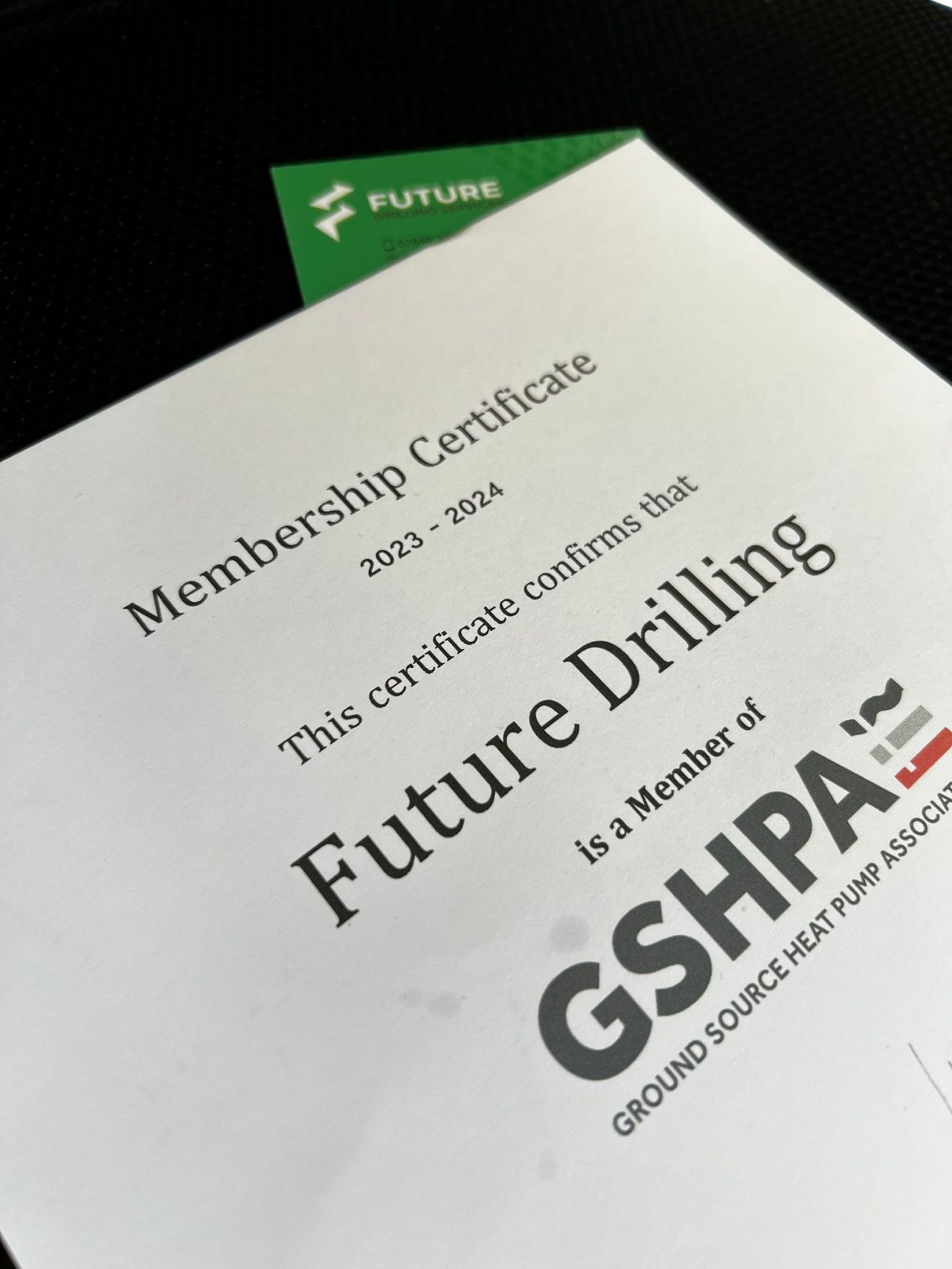Why Ground Source Heat Pumps are making Hydrogen look inefficent


There has been a large amount of hype recently regarding hydrogen and how its the next big thing in moving towards a greener future, however a review of 32 independent case studies has cast serious doubt over those claims.
Recently published research in the academic journal Joule, has found that use of hydrogen in domestic heating is less efficent, less economic and more resource intensive, thus, having a greater environmental impact than most alternatives including ground source heat pumps.
These findings make a great counter argument against recent statements made by the UK government, stating that hydrogen is a ‘silver bullet’ that could be used as a way to store excess renewable power and by 2035 could be playing a big role in heating homes and cutting greenhouse gas emissions.
Put quite simply by David Cebon of the Hydrogen Science Coalition and Professor of Mechanical Engineering at Cambridge University whilst speaking to the BBC, “In the UK, heating homes with green hydrogen would use approximately six times more renewable electricity than heat pumps. We do not have the time or resources to waste further investigating hydrogen’s role in home heating, especially when the well-known laws of thermodynamics determine the answer”.

Future Drilling Services are proud to announce that we are now members of the Ground Source Heat Pump Association
Visit Website
Heat pumps are a type of low-carbon heating system that are becoming increasingly popular in cities around the world, as they provide an efficient and sustainable way to heat homes...
Read article
Ground source heat pumps (GSHPs) are a type of low-carbon heating system that are becoming increasingly popular in the United Kingdom. This is due in part to government incentives that...
Read article